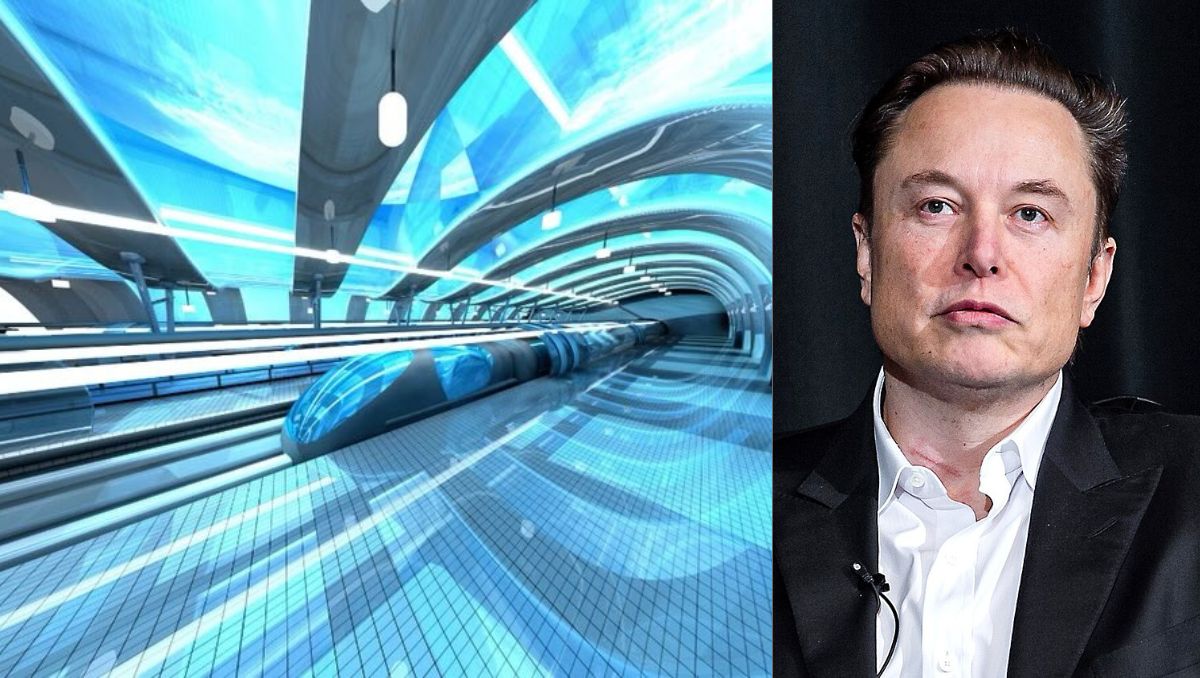Physical Address
Uttara Sector 7, Road 7, House 1, Dhaka
Physical Address
Uttara Sector 7, Road 7, House 1, Dhaka

Imagine boarding a train in London and stepping out in New York — all in under an hour. Sounds like science fiction, right? Not if Elon Musk has his way.
The tech visionary and founder of SpaceX and Tesla has floated the idea of a transatlantic tunnel — a vacuum-sealed passage connecting two of the world’s most iconic cities via high-speed transportation. If realized, this project could revolutionize international travel, redefine global business, and reshape how we think about distance.
At the heart of Musk’s idea is a concept called the “vactrain” — a high-speed train system operating in a vacuum-sealed tunnel. Without air resistance or friction, these trains could travel at speeds exceeding 6,000 km/h (around 3,700 mph).
This technology builds upon Musk’s Hyperloop concept — already in development for overland routes — but takes it to the next level. Stretching thousands of kilometers under the Atlantic Ocean, this transatlantic vacuum tube would be a marvel of 21st-century engineering.
Currently, a non-stop flight from London to New York takes around 7 hours. Musk’s futuristic train could cut that down to just 30 to 60 minutes. Business travelers, tourists, and even emergency cargo could cross the ocean faster than ever imagined.
This would also eliminate jet lag, airport delays, and long check-ins, making travel more efficient and seamless than traditional flights.
Building a tunnel beneath the Atlantic Ocean is no small feat. There are massive logistical, financial, and environmental challenges:
However, if anyone is known for tackling “impossible” projects, it’s Elon Musk. From reusable rockets to electric cars and Mars colonization, he’s made a career out of pushing the boundaries of what’s possible.
This project isn’t just about speed — it’s about connecting the world on a whole new level. Faster travel means faster business, easier global cooperation, and more personal freedom. It could bring cities, cultures, and economies closer together.
And just like how the Wright brothers redefined transportation over a century ago, Musk’s transatlantic tunnel could usher in a new era of global mobility.
While still theoretical, Elon Musk’s proposed transatlantic tunnel has sparked imaginations and debates around the world. If ever realized, it would not only change how we travel — but how we think about distance and time itself.
Until then, it remains a bold vision. But in Musk’s world, bold visions have a habit of becoming reality.